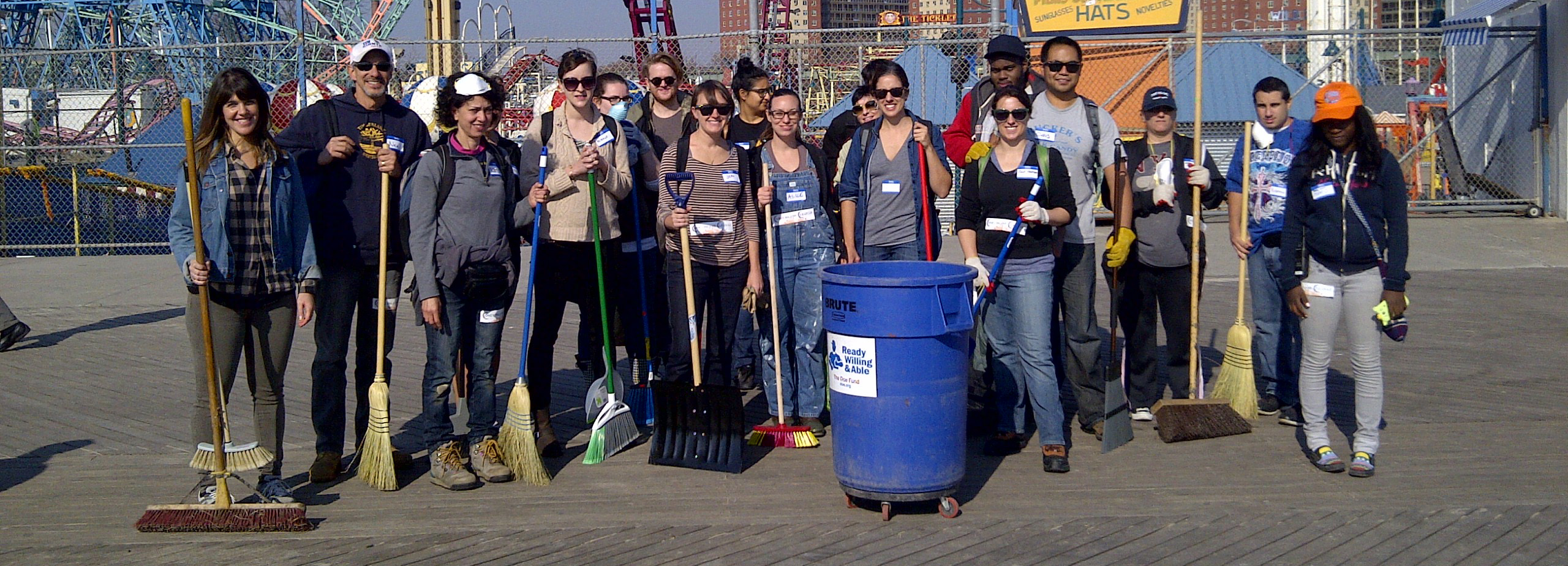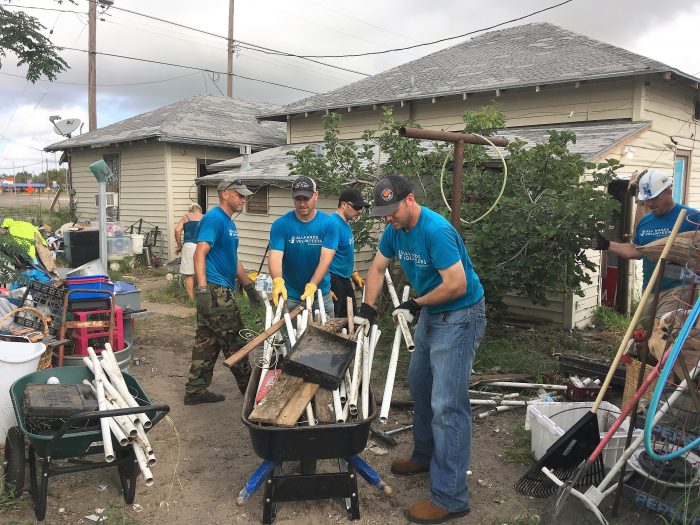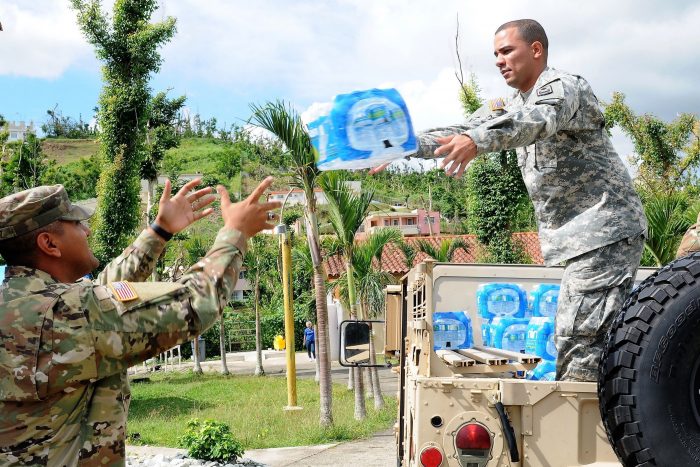Your Playbook for Preparedness
As we observe National Preparedness Month, there’s no better way to prepare for potential disasters than by taking advantage of the Disaster Philanthropy Playbook, a free, national resource developed in partnership with the Council of New Jersey Grantmakers in association with the Forum of Regional Associations of Grantmakers. There are two ways in particular to […]

 As we observe National Preparedness Month, there’s no better way to prepare for potential disasters than by taking advantage of the Disaster Philanthropy Playbook, a free, national resource developed in partnership with the Council of New Jersey Grantmakers in association with the Forum of Regional Associations of Grantmakers.
As we observe National Preparedness Month, there’s no better way to prepare for potential disasters than by taking advantage of the Disaster Philanthropy Playbook, a free, national resource developed in partnership with the Council of New Jersey Grantmakers in association with the Forum of Regional Associations of Grantmakers.
There are two ways in particular to use the Playbook before a disaster strikes: the free My Playbook user account and the specific preparedness and mitigation strategy.
How to Use the Playbook
The Playbook is largely focused on preparedness as a whole: as a user, you can create a Playbook that is molded to topics and areas that you work on daily with an eye to having a plan ahead of time. Planning ahead, practicing strategies, and thinking through the parts of your work that might be affected in a disaster are all key actions to being ready for a disaster ahead of time. Using the Playbook’s fourteen strategies and saving the pieces that apply to you is an easy way to get the thought process rolling. You can also foster discussions on what you’re preparing for by sharing your Playbook with colleagues and partners.
Implementing Preparedness & Mitigation Strategies
The Playbook also has a specific strategy on the topic of preparedness and mitigation. This strategy looks at specific things funders—especially community foundations—can do to prepare for disaster. Within this strategy, organizations can explore actions such as staff training on disaster preparedness, creating a restricted disaster fund, and developing memos of understanding to define emergency grants. There’s also a helpful video (below) that was recently developed based on interviews from experts in the field.
[youtube url=https://youtu.be/9zTwPuivZlU]
However you approach preparing for a disaster, the most important piece is simply thinking it through. Whenever I hear from our Playbook partners about disaster events they have responded to, they often say it’s impossible to prepare for everything. But they are quick to add that it’s easier to respond when you have thought through at least some of the possible scenarios you might be faced with, put some guiding principles on paper, and possibly even rehearsed what you’ll do.
This is one of those times where practice truly does make “perfect” (or at least almost perfect).
More like this

Hurricane Harvey Recovery: One Year Later
